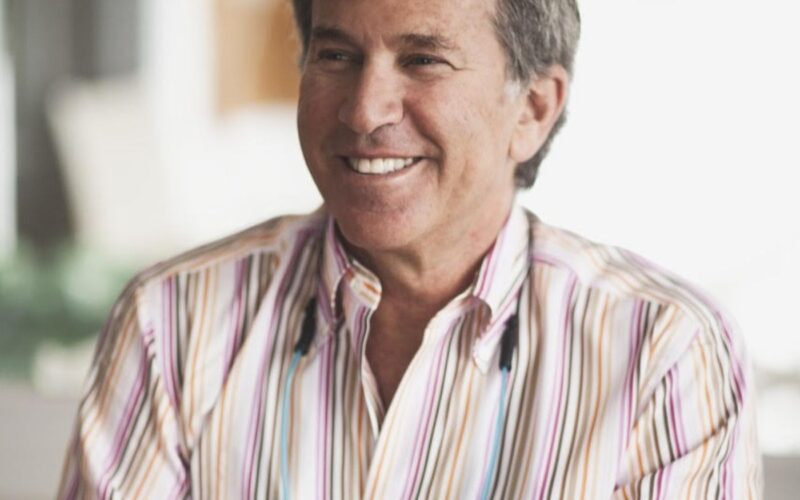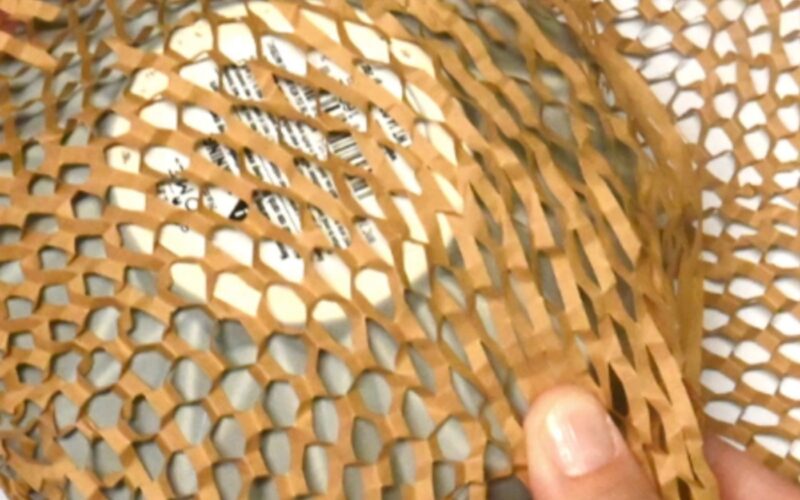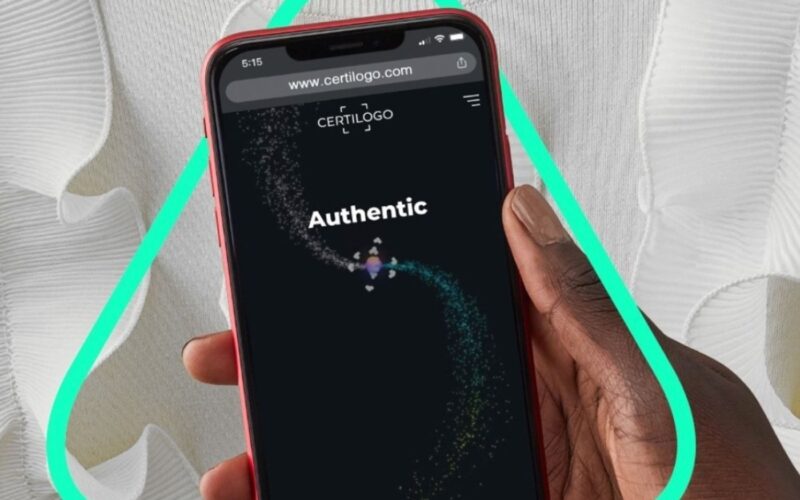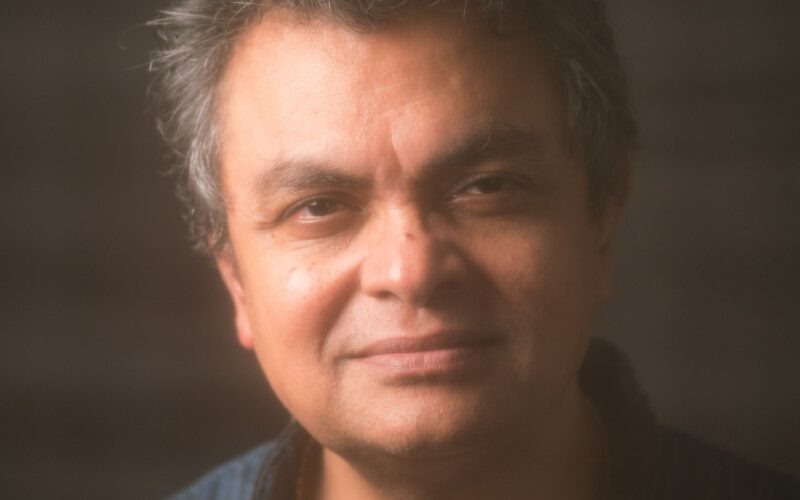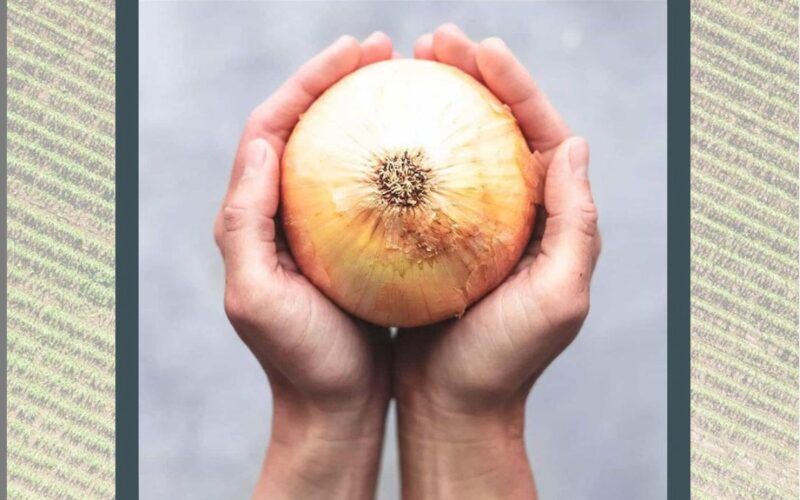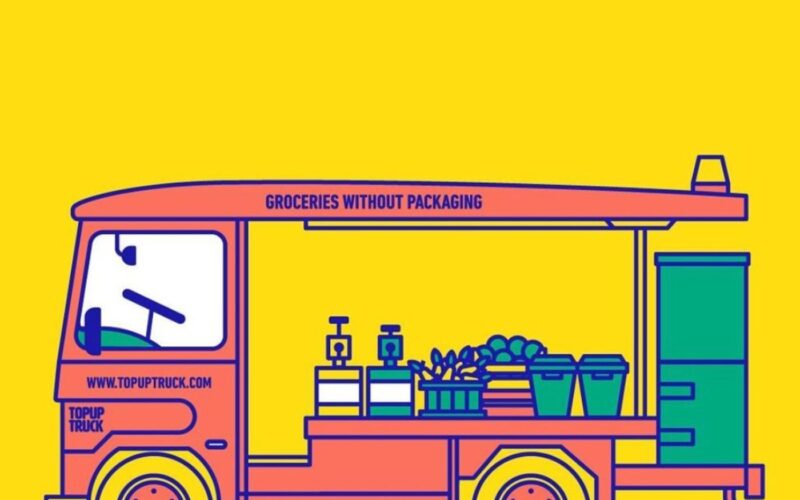79: Thermify – Smart Green – Using Energy Twice
Nothing makes one feel more at home than a nice warm bath. Tune in to learn Thermify helps warm homes and heat hot water through data centers. This episode is a re-air from October 19, 2021
_______________________________________
What if there was a new kind of data center that could directly warm homes and heat hot water, instead of a gas boiler?
One that could use the energy used in cloud computing, not once but twice, and also take away the need for the additional energy used for cooling? That is exactly what Thermify’s innovation does. Using energy twice. We talk with Garry Felgate Chair & Energy Lead at Thermify. The technology was invented by Adam Pulley in 2009 and Thermify is bringing to the UK market at the price comparable to heating a home with pre-pandemic gas prices. From helping the environment to keeping senior citizens warm to offering relief for low-income families struggling to pay for their heat, to companies looking for environmentally friendly alternatives for their data centers, everyone benefits from joining this green revolution.
Thermify is committed to reducing the pressure on our environment, and on the pockets of our most vulnerable in society. Learn more about this win-win innovation in this episode.
https://thermify.cloud/
https://www.mindfulbusinessespodcast.com/podcast-1


